BLOG CATEGORY: NURSING HOME ABUSE AND NEGLECT
We hope you find our Nursing Home Neglect Blog Articles both Helpful and Informative.
Choosing A Nursing Home Abuse Attorney

Selecting the appropriate Atlanta Nursing Home Neglect Attorneys can significantly impact your case. The right attorneys can guide you through the complex legal process and advocate for your rights, helping you achieve a successful outcome. When choosing an attorney, it’s important to consider factors such as: their experience knowledge of elder law resources communication...
The Top 10 Hypoglycemia Neglect Myths in Nursing Homes
Hypoglycemia, or low blood sugar, is a common health issue among elderly residents in nursing homes. Unfortunately, hypoglycemia neglect is also a serious issue in nursing homes, and it can lead to serious harm and injuries. There are many myths and misconceptions surrounding hypoglycemia neglect in nursing homes, which can make it difficult for...
The Most Common Hypoglycemia Neglect Injuries in Nursing Homes
Hypoglycemia, or low blood sugar, is a common issue among elderly residents in nursing homes. It can be caused by a variety of factors, including medication side effects, poor diet, and inadequate monitoring. When nursing homes neglect their duties to properly monitor and manage...
Post-Fall Medical Evaluations and Their Importance in Nursing Home Falls
Let's get real: if you have a loved one in a nursing home, one of your biggest fears is likely them falling. But what happens after a fall occurs? I can't emphasize enough the critical role that post-fall medical evaluations play in this scenario. They aren't just a medical nicety; they're a non-negotiable aspect...
Best Practices to Mitigate Risk Factors for Elopements in Nursing Homes
The issue of elopement in nursing homes has surged into the spotlight in recent years, creating a challenge for healthcare providers and administrators alike. Defined as the unauthorized or unsupervised departure of a resident from a facility, elopement presents significant safety...
Addressing Constipation in Elderly Residents: Typical Nursing Home Interventions
Constipation, while often overlooked, is a pervasive issue in nursing homes, particularly among the elderly population. The lack of physical mobility, coupled with specific medications and insufficient dietary fiber, exacerbates the problem. Managing constipation effectively is crucial, not just for...
The Impact of Federal Regulations on Skin Care and Pressure Sores in the Context of Nursing Home Neglect and Pressure Sore Development
When it comes to the quality of nursing home care, the federal regulations are your best friend. Trust me, they're the rulebook that ensures your loved ones are not just housed, but actually cared for. CMS sets the gold standard for nursing home care through a set of regulations often referred to as...
The Role of Medical Experts in Hypoglycemia Neglect Cases
Hypoglycemia, commonly known as low blood sugar, is a severe condition that occurs when the body's blood sugar drops below normal levels. The symptoms of hypoglycemia can be mild to severe, depending on how low the blood sugar level drops. In extreme cases, hypoglycemia can lead to seizures, coma, and even death. Neglecting hypoglycemia...
Federal and Florida Regulatory Guidelines on Orthopedic Aids in Nursing Homes
Orthopedic aids in nursing homes? Whether it's a basic walker or a state-of-the-art wheelchair, these aids play an integral role in the lives of many nursing home residents. And, you guessed it, they're subject to a labyrinth of federal and state...
Interdisciplinary Training Programs for Elopement and Injury Prevention in Nursing Homes
Elopement and injury prevention in nursing homes is not the sole responsibility of nurses or security staff—it is a collective effort that requires the expertise of multiple disciplines. The crux of effective prevention lies in interdisciplinary training programs that incorporate insights and expertise from various fields such as nursing...
The Importance of Repositioning for Pressure Sore Prevention in Nursing Homes
Imagine having a pebble in your shoe. Not very comfortable, is it? Now, imagine not being able to remove that pebble for an extended period of time. That's kind of what pressure sores are like for many elderly individuals in nursing homes—just far more serious and, unfortunately, often far more painful. And just like...
Alternatives to Sliding Scale Insulin Therapy in Nursing Homes
Diabetes is a common chronic condition among elderly residents in nursing homes. Sliding scale insulin therapy has been a widely used approach for managing blood sugar levels in these individuals. However, this approach has several limitations and may not always be the best option for optimal blood sugar control and reducing the risk of...
The Benefits and Challenges of Interdisciplinary Teams in Developing Individualized Care Plans for Diabetes Management in Nursing Homes
Managing diabetes in nursing homes requires a collaborative and multidisciplinary approach. Interdisciplinary teams, or IDTs, which include healthcare professionals from different disciplines, can provide comprehensive care that considers the unique needs of residents with diabetes. IDT teams are different from care plan conferences. While care plan...
Understanding NICA Eligibility in Florida: A Comprehensive Guide
Navigating the intricacies of birth injury laws can be a daunting experience for parents whose child has sustained birth-related neurological injuries. The Florida Birth-Related Neurological Injury Compensation Association (NICA) serves as a much-needed respite, offering compensation without the need for litigation. However, it’s essential to understand the...
Low Beds vs. Traditional Beds for Fall Safety in Nursing Homes
At first glance, you might think, "What's the big deal? A bed's a bed, right?" But when you dig into the choice between low and traditional beds becomes a nuanced discussion with implications for resident safety, quality of life, and even legal considerations. Let's start with the old-school, shall we? Traditional beds have been...
FAQs on Elopements and Injuries in Florida Assisted Living Facilities: A Legal Overview
Elopements and injuries within assisted living facilities are not only a healthcare concern but also a legal one. This is particularly true in Florida, where a growing population of older adults resides in assisted living environments. This article addresses some of the most frequently asked questions on the subject, taking into account the specifics...
FAQs on Pursuing Legal Action for Bowel Obstruction Due to Hydration Negligence in Nursing Homes
Bowel obstruction in nursing home residents is a medical emergency that often requires prompt attention. Yet, what if the underlying cause was not a mere accident but rather the result of inadequate hydration protocols? In such cases, the legal landscape offers options for families seeking justice. Below are some frequently asked questions that...
The Relationship Between Mobility and Pressure Sores
How does something simple as moving around affect the development of pressure sores. But what happens when mobility is restricted? Among other issues, the risk of pressure sores—those nasty, painful skin lesions—rises...
The Vital Role of Personalized Care Plans in Florida Nursing Homes for Maintaining Optimal Blood Sugar Levels
As we age, our bodies undergo a multitude of changes that can impact our health in various ways. One common health concern among elderly individuals is managing blood sugar levels. In Florida nursing homes, managing blood sugar levels is crucial to preventing complications associated with...
The Connection Between Staffing Levels and Effective Diabetes Management in Nursing Homes
Diabetes is a chronic disease that requires consistent and individualized management to prevent serious complications. Nursing homes are responsible for providing care to a large population of elderly individuals with diabetes, which can be challenging without adequate...
How Nursing Homes Should Follow Patient-Centered Approaches in Fall Risk Assessment
Patient-centered care isn't just another buzzword. It's a shift in focus, a pivot from traditional medical practices that put the system before the individual. In essence, it means looking at residents as unique individuals with distinct needs, preferences, and histories. It is something every nursing home should...
What Role Do Florida State Surveyors Play in Identifying Nursing Homes with High Rates of Resident Falls?
We're about to plunge into the vital role that Florida state surveyors play in ensuring the well-being of nursing home residents. When it comes to keeping tabs on resident falls in nursing homes, these surveyors are akin to guardians of a sacred trust. You bet they have a lot on their...
What Do F-Tags and Falls Mean in Nursing Homes?
So, you've heard the term "F-Tags" thrown around and you're scratching your head, right? Let's put it into plain English: When we're talking about F-Tags, we're diving deep into the regulatory framework that keeps nursing homes in check. And when it comes to "falls," we're not discussing autumn leaves. Instead, we’re spotlighting one of...
The Emotional Toll of Hypoglycemia Neglect in Nursing Homes: Grief and Support Services in Orlando, Florida
Hypoglycemia, or low blood sugar, is a common health issue among elderly residents in nursing homes. However, when nursing homes neglect their duties to properly monitor and manage residents' blood sugar levels, the consequences can be devastating. Not only can hypoglycemia lead to physical harm and medical complications, but it can also have a...
Root Cause Analysis Following Fall Incidents at Nursing Homes in Florida
"Someone fell again," you might overhear staff say at a nursing home in Florida. But if you dig a little deeper, you'll find that every fall has a backstory—a complex mix of circumstances, decisions, and, well, gravity. The crux of it all? Root cause analysis. This is where the rubber meets the road in...
Staffing Levels and Elopement Risk in Elderly Care: An In-Depth Look at Nursing Homes
When entrusting the care of an elderly family member to a nursing home, the number one concern is often safety. One safety issue that doesn't get the attention it deserves, yet has potentially serious consequences, is the risk of elopement—defined as an unauthorized or unsupervised departure from the facility by a resident. While multiple...
Individualized Facility Care Plans & Prevention Strategies for Bowel Obstruction in Nursing Homes
In the realm of nursing home care, bowel obstruction is an acute medical condition that demands prompt attention. However, the adage "prevention is better than cure" couldn't be more applicable. The effective prevention of bowel obstructions hinges on individualized facility care plans...
The Role of Communication in Preventing Nursing Home Neglect and Pressure Sore Development
Let's get one thing straight: Communication isn't just the glue that holds personal relationships together; it's the very foundation of quality healthcare, especially in nursing homes. A break in this essential element can turn what should be a sanctuary for elder care into a breeding ground for...
The Impact of Nursing Home Medication Errors on Blood Sugar Levels

Medication errors are a significant problem in nursing homes. These errors can lead to severe consequences, such as hospitalization, disability, and even death. One of the critical areas where medication errors can occur is in the management of diabetes in nursing home residents. Diabetes is a common chronic condition among older adults, and it...
Case Studies Unveiled: What They Say About Staffing Levels and Fall Prevention in Nursing Homes
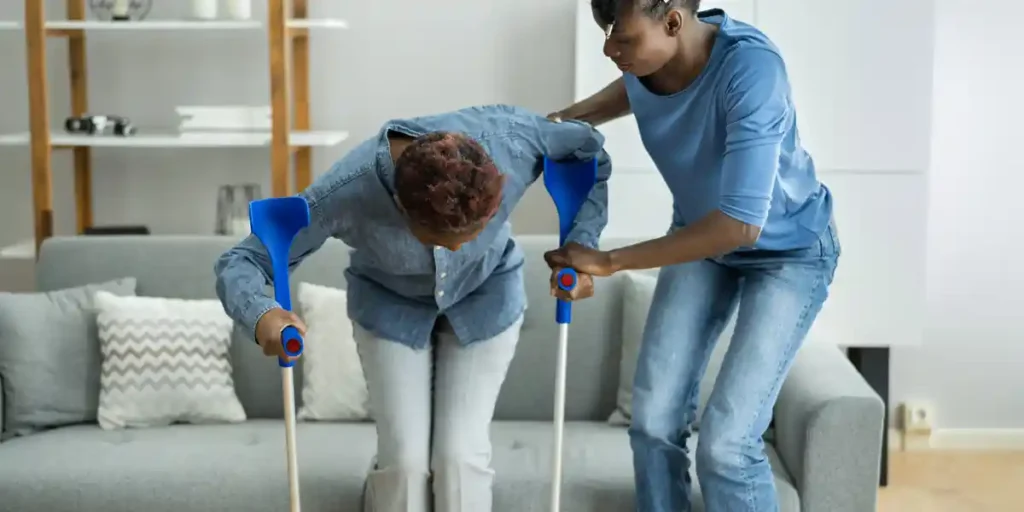
You know, folks, we often hear about the importance of adequate staffing in nursing homes, especially when it comes to fall prevention. But let's be real—how often do we actually dive into the data to confirm these claims? We're about to dig into some compelling case studies that shed light on the relationship between...
Data and Statistics on Nursing Home Elopements and Injuries: An Analytical Overview

The prevalence of elopements and injuries in nursing homes remains a topic of significant concern among healthcare professionals, regulatory bodies, and families of residents. Although these incidents are often reported, there is a conspicuous absence of a centralized discussion that delves into the statistics behind these occurrences [...]
Clinical Protocols for Immediate Nursing Home Intervention in Suspected Cases of Bowel Obstruction

Bowel obstructions are medical emergencies that can present unique challenges within a nursing home setting. Given the vulnerability of this population and the complexities associated with co-morbid conditions, immediate and precise interventions are required. [...]
How Poor Hygiene in Nursing Homes Can Lead to Pressure Sores
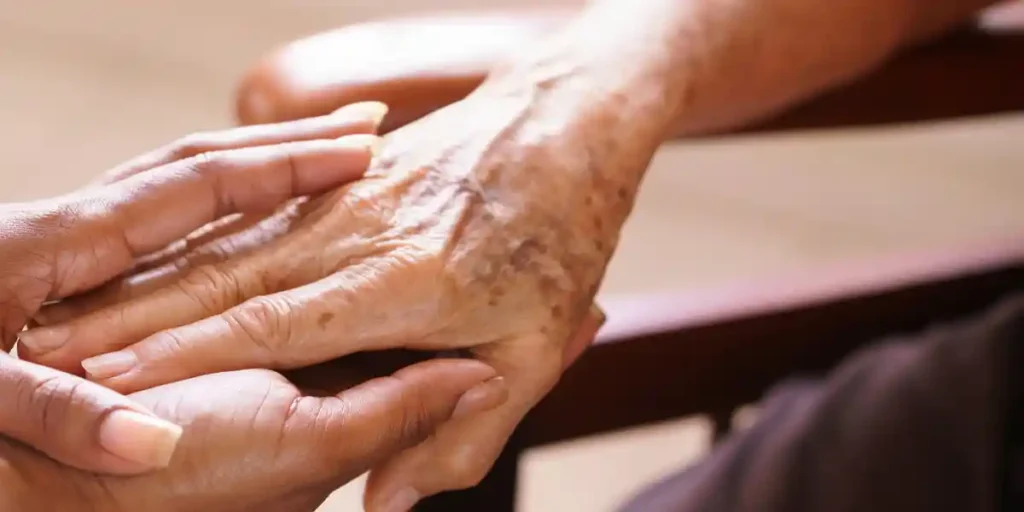
You know, we often associate nursing homes with the comfort and specialized care they're supposed to provide. However, not all facilities are created equal, and there's an unsettling side to this story—poor hygiene practices. You might not think it at first, but poor hygiene is [...]
Nursing Home Federal Regulations and Hypoglycemia Prevention

As the population continues to age, the demand for nursing homes and long-term care facilities has increased. One of the critical aspects of care in these facilities is the prevention and management of hypoglycemia in older adults. The federal government has implemented Federal regulations to ensure that nursing homes provide adequate care and [...]
Unpacking the Connection: Shift Length for Nurses and Fall Frequency in Nursing Homes

Ah, the classic 12-hour nursing shift—But have you ever stopped to think what impact these lengthy shifts have on patient safety? Specifically, how do they influence the frequency of falls in nursing homes [...]
Staff Training Compliance and Its Impact on Elopement Rates in Nursing Homes

Elopement—unauthorized and unsupervised departures from nursing homes—poses severe risks to residents. While multiple factors contribute to elopement incidents, one often overlooked aspect is the quality of staff training. A robust training program isn't just an administrative necessity; it’s a frontline defense against the risks associated with [...]
Comprehensive Insights into the Causes of Bowel Obstruction in Elderly Nursing Home Residents

The complexities of bowel obstruction in the elderly population, specifically those residing in nursing homes, demand an in-depth understanding of the multiple causative [...]
The Impact of Staffing Levels on Nursing Home Neglect and Pressure Sore Development

Everyone knows it's unrealistic to expect a handful of nursing staff to provide optimal care for a large number of residents in a nursing home. The correlation between staffing levels and nursing home neglect, particularly in the context of pressure sore development, is stark and significant. So, let's break down the various ways inadequate...
Recognizing Hypoglycemia in Elderly Residents: What Nursing Home Staff Can Do
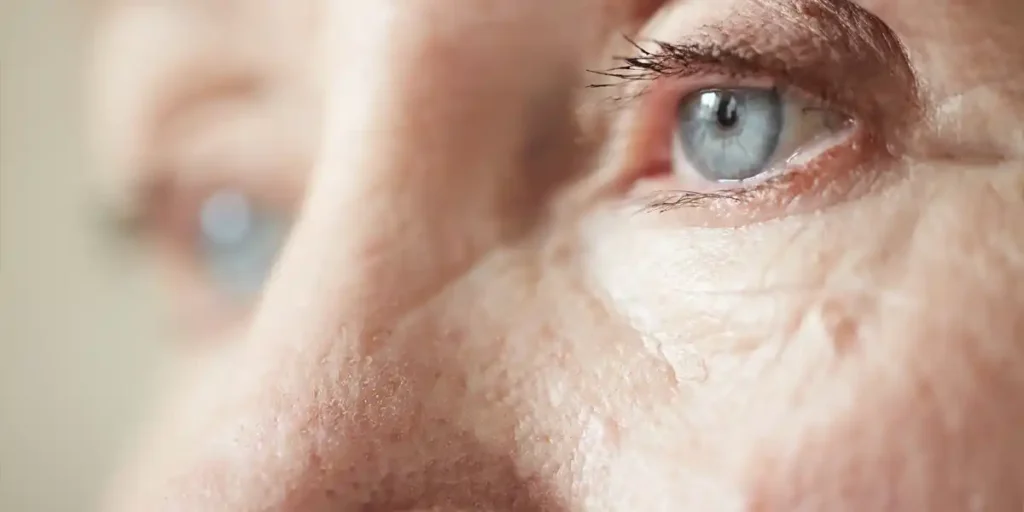
To timely recognize hypoglycemia in elderly residents, nursing home staff should be aware of the signs and symptoms associated with this condition. They should also be trained in proper glucose monitoring techniques, as well as how to properly administer insulin and the correct use of [...]
Preventable vs. Unpreventable Elopements: Criteria in Nursing Homes
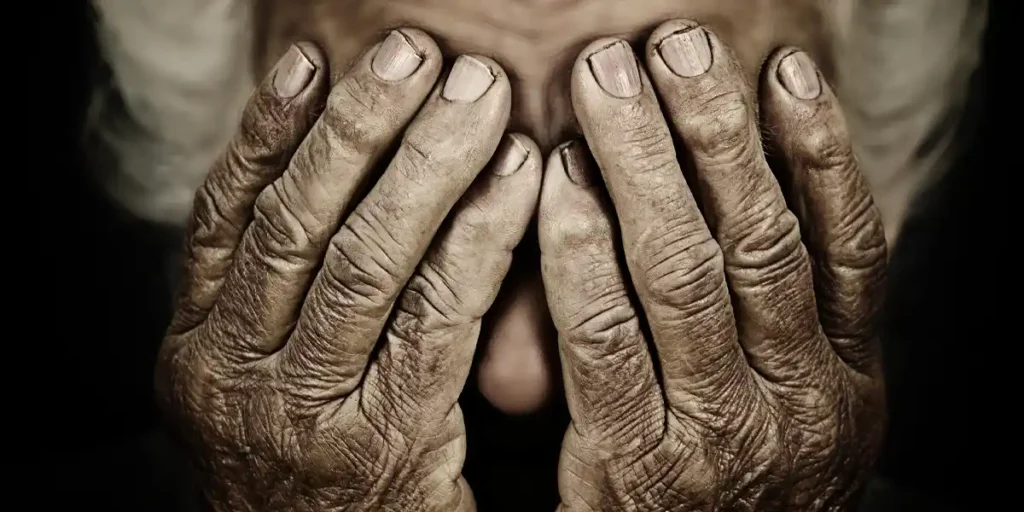
Elopements in nursing homes present a significant challenge for caregivers, administrators, and families alike. As such incidents can lead to injuries, legal ramifications, and tarnished reputations for healthcare providers, the importance of understanding the nuances of elopement cannot be [...]
How Florida State Regulations Shape Staffing Levels for Fall Prevention in Nursing Homes

Choosing a nursing home for a loved one is one heck of an emotional rollercoaster, am I right? Amidst a sea of glossy brochures and polished websites, the real questions often go unanswered. However, staffing levels—especially in the context of fall prevention—should be your top concern. Here in the Sunshine State, we're fortunate to...
The Vital Role of Routine Bowel Check-ups in Nursing Homes for Identifying Bowel Obstruction

Bowel obstruction is a potentially life-threatening condition that requires immediate attention, and unfortunately, it occurs more frequently among the elderly—a demographic that constitutes the majority of nursing home residents. This makes the role of routine bowel check-ups in nursing homes pivotal for timely identification and subsequent [...]
The Complete Guide to Pressure Sores: What Are They and How Are They Caused?
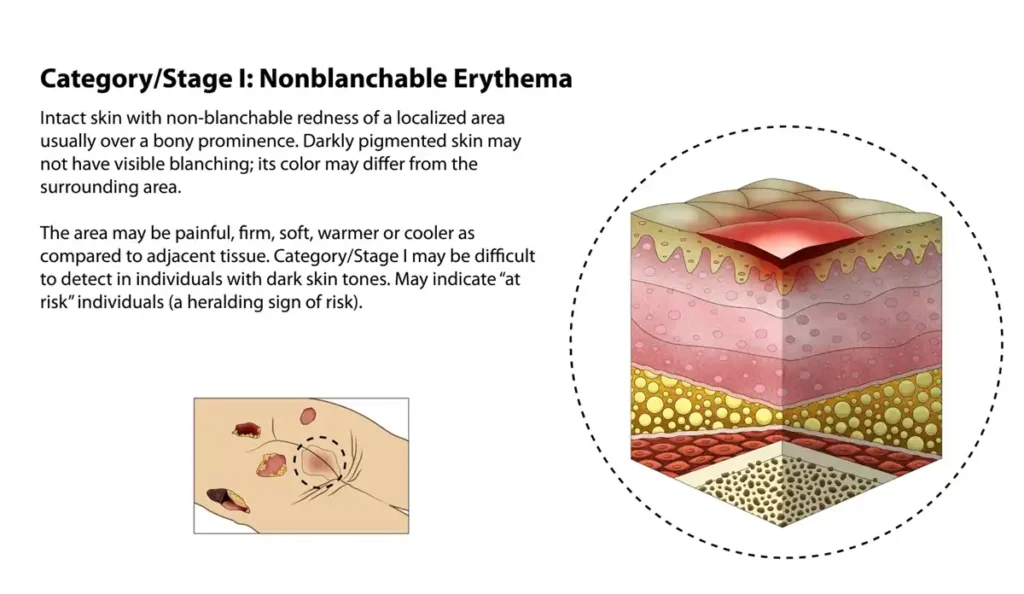
Pressure sores, also known as bedsores or pressure ulcers, are skin injuries that result from prolonged pressure on a particular area of the body. According to the CDC, about 11% of nursing home residents have pressure sores. They commonly occur in regions where the skin covers bony areas, such as heels, hips, and tailbones....
What Constitutes Elopement in Nursing Homes: An In-Depth Look at Florida Law and Federal Statutes

Elopement in nursing homes is a critical issue that has far-reaching implications, from the safety of residents to the legal ramifications for healthcare facilities. While the term "elopement" may conjure up romantic notions of running away for a clandestine union, in the context of nursing homes, it refers to a dangerous and potentially life-threatening...



